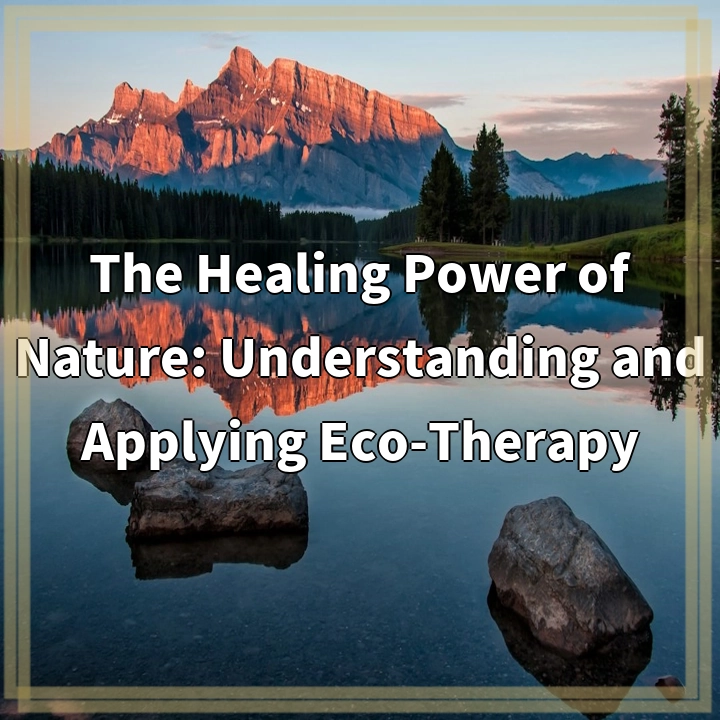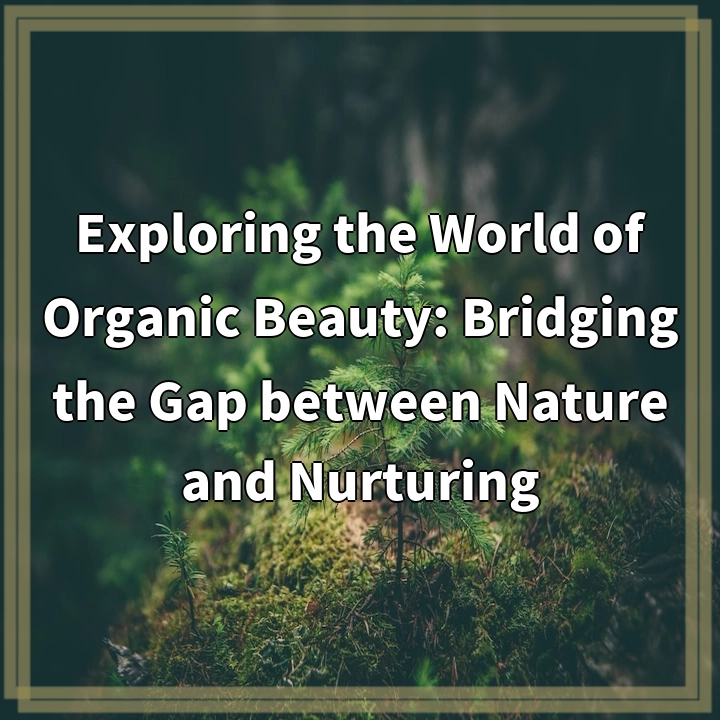
What is Eco-Therapy?
Eco-therapy, also known as nature therapy or green therapy, is an innovative approach to mental health and well-being that harnesses the healing power of nature. It recognizes the profound connection between humans and the natural world and utilizes this connection to promote emotional and psychological healing.
Real-World Problems Associated with Eco-Therapy
While eco-therapy has gained significant attention and popularity in recent years, there are some important real-world problems and challenges associated with its implementation.
Limited Access to Green Spaces
One significant problem is the limited availability and accessibility of green spaces, particularly in urban areas. Not everyone has equal access to parks, forests, or other natural environments, which can hinder the potential therapeutic benefits of eco-therapy.
Environmental Degradation
Another challenge is the ongoing degradation of the natural environment. Pollution, deforestation, and habitat destruction not only harm ecosystems but also limit the effectiveness of eco-therapy interventions. It becomes increasingly difficult to find pristine natural environments that can offer the healing and restorative benefits that individuals may seek.
Equity and Inclusion
Eco-therapy should be accessible to everyone, regardless of socioeconomic status, race, or location. However, there is a risk of eco-therapy becoming a privilege available only to those who can afford retreats, vacations, or trips to nature-rich areas. Ensuring equity and inclusion in eco-therapy programs is crucial to avoid exacerbating existing social and economic disparities.
Scientific Validation
While the anecdotal evidence and personal testimonials about the benefits of eco-therapy are compelling, more rigorous scientific research is needed to establish its efficacy and to understand the underlying mechanisms at play. Robust studies and evidence-based practices will be crucial in gaining broader recognition and support for eco-therapy.
Despite these challenges, eco-therapy holds tremendous potential for improving mental health and well-being. By addressing the real-world problems associated with eco-therapy, we can work towards a more inclusive and sustainable approach that harnesses the healing power of nature for the benefit of all.

Solutions for Real-World Problems Associated with Eco-Therapy
While there are challenges associated with eco-therapy, there are potential solutions that can help overcome these problems and make eco-therapy more accessible and effective.
Increasing Access to Green Spaces
Efforts should be made to increase access to green spaces, particularly in urban areas where such spaces may be limited. This can involve creating more parks, community gardens, and urban green spaces that are easily accessible to all individuals.
Conservation and Restoration
To address the issue of environmental degradation, it is crucial to prioritize conservation and restoration efforts. Protecting natural habitats and ecosystems, reducing pollution, and promoting sustainable practices can help ensure the availability of pristine natural environments for eco-therapy.
Promoting Equity and Inclusion
Eco-therapy programs should strive to be inclusive and accessible to individuals from all backgrounds. This can be achieved through partnerships with community organizations, offering low-cost or free programs, and providing transportation options to nature-rich areas for those who may face barriers.
Supporting Scientific Research
To enhance the credibility and recognition of eco-therapy, further scientific research is needed. Funding and supporting studies that explore the effectiveness and underlying mechanisms of eco-therapy can help establish it as a validated and evidence-based approach to mental health.
By implementing these solutions and addressing the real-world problems associated with eco-therapy, we can strive towards a more equitable and impactful use of nature’s healing power in promoting mental health and well-being.















